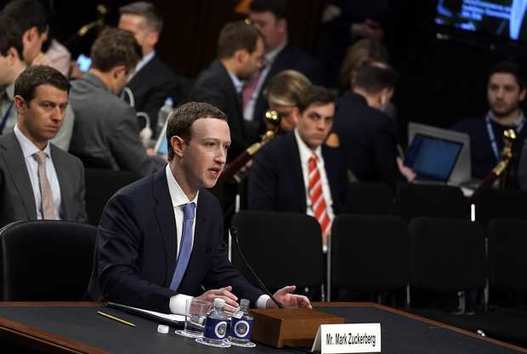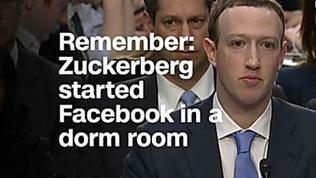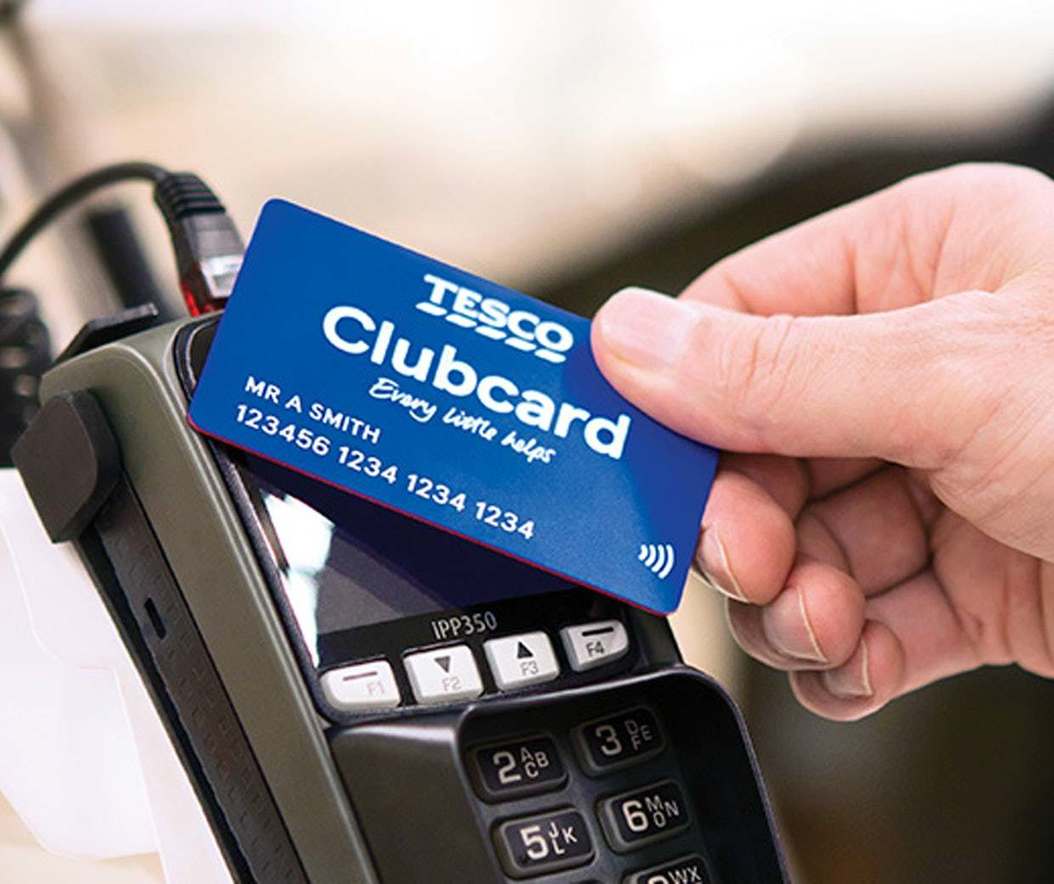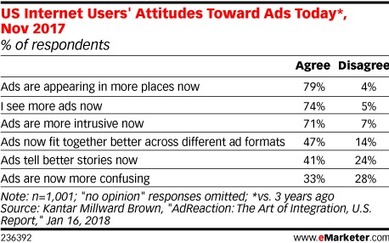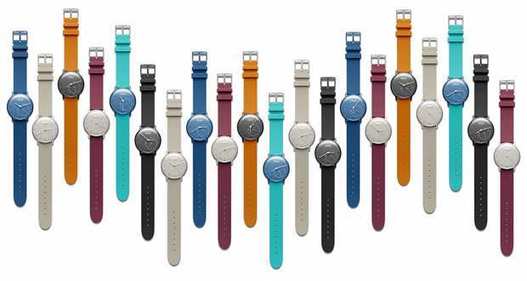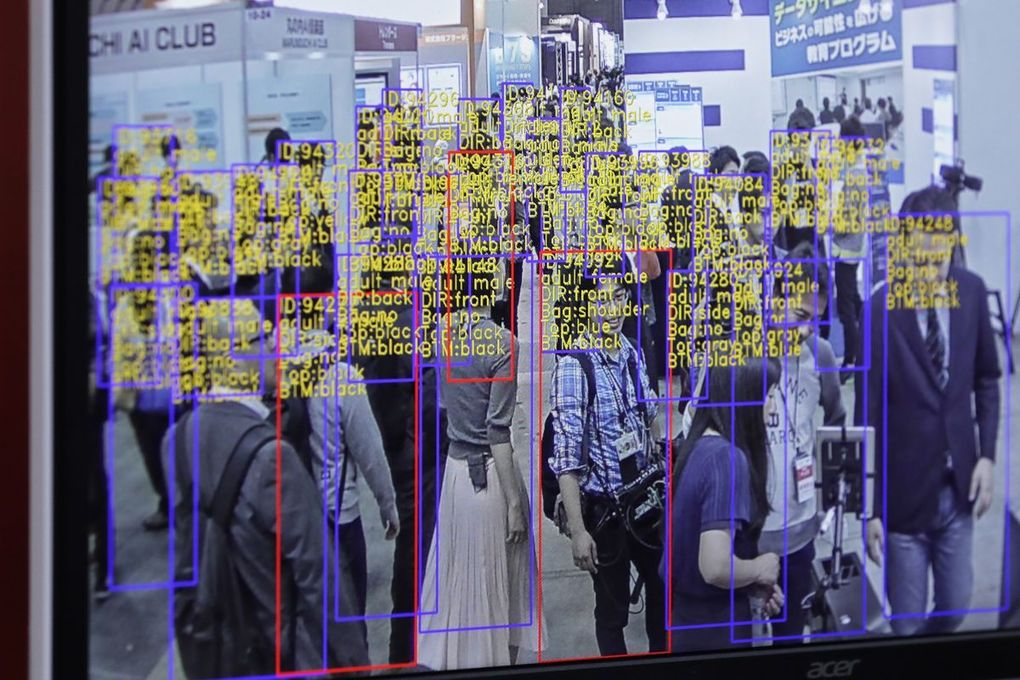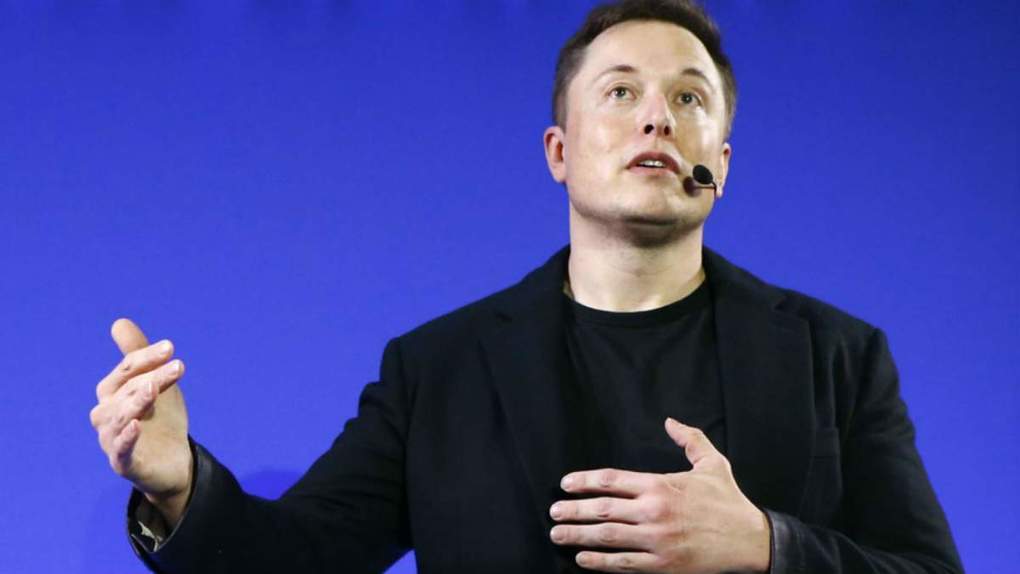Echanges musclés entre Zuckerberg et les sénateurs américains
Cravate bleu Facebook assortie à la couleur de ses cernes, visage fermé... Mark Zuckerberg s'est voulu grave lors de son audition au Sénat. Crispé, il a d'abord fait face aux dizaines de photographes qui s'étaient massés dans l'une des salles d'audition du Sénat. Il a ensuite écouté les présidents des commissions de la Justice, du Commerce, de la science et des transports, rappeler les faits. Comme lorsque l'un d'eux, le sénateur John Thune, lui a rappelé : « Ce que vous avez créé représente le rêve américain, vous êtes une source d'inspiration pour beaucoup. Vous avez l'obligation de faire en sorte que ça ne se transforme pas en cauchemar sur les données. » En guise de réponse, Mark Zuckerberg a commencé par présenter ses excuses . Lors de son discours, publié avant son audition , il a reconnu plusieurs erreurs. Et il en endosse l'entière responsabilité. « C'est mon erreur, et j'en suis désolé. J'ai fondé Facebook et je l'ai développé, je prends la responsabilité de ce qui est en train de se passer. » Zuckerberg mis en difficulté Il a ensuite expliqué les mesures prises depuis les affaires de l'ingérence russe dans l'élection présidentielle américaine et de Cambridge Analytica : l'entreprise a augmenté le nombre de salariés dédiés à la vérification des contenus (15.000 puis 20.000 en fin d'année), a lancé un processus de révision de « dizaines de milliers d'applications », qui seront bannies de la plate-forme si Facebook trouve des activités malveillantes... Mais les premières difficultés sont apparues pour Mark Zuckerberg au moment des questions des sénateurs. Comme lorsque Bill Nelson joue le faux candide en citant des explications de Sheryl Sandberg (la directrice d'exploitation de Facebook) et demande : « donc pour ne pas voir des publicités que je n'ai pas demandé à voir, je vais devoir payer, c'est bien cela ? » Le jeune patron ne répond pas clairement mais finit par reconnaître que si certains utilisateurs désactivent la publicité ciblée, il faut penser à d'autres sources de revenus. Avant de laisser clairement la porte ouverte à une version payante de Facebook, en répondant à une autre question : « Il y aura toujours une version gratuite de Facebook. »

